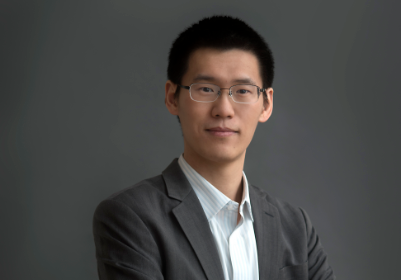Nanotechnology & materials
Yuan Yang
He invented a paint that allows buildings to cool without electricity
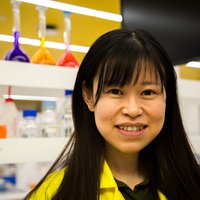
Asia Pacific
Wenyue Zou
Low-cost personalised wearable UV sensor offering real-time sun exposure monitoring
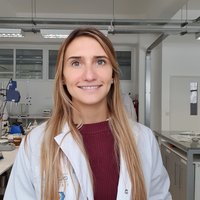
Latin America
Bárbara Tomadoni
Her bio gels reduce water and fertilizer consumption in agriculture
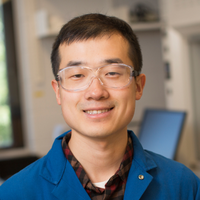
China
Song Lin
Searching for the "Most Valuable Organic Reactions"
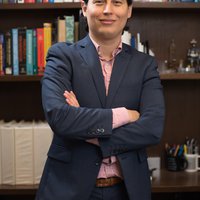
Latin America
Alan Aguirre
Using solar light to transform the chemical industry into a more sustainable one.
